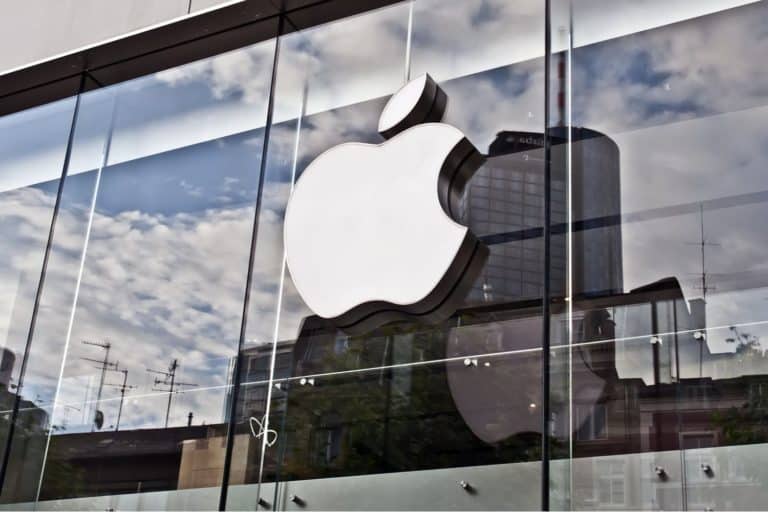After criticisms from other tech giants like Facebook and Google, Apple changes its App Store rules to allow more types of apps and in-app features into iOS. The management style of the App Store has also spawned a high-profile lawsuit and antitrust probe in the European Union.
This recent rule change is a turning point in the company’s strategy to address the increased scrutiny.
The most significant changes relate to the video game category, which is becoming an increasingly attractive market for tech giants like Facebook and Microsoft. Both these tech giants provide users with games on mobile devices through a streaming platform.
Public criticism worked
Recently, Microsoft had to scrap plans to add iOS support. Facebook, on the other hand, had to disable critical features on iOS because of the Apple App Store rules. The two companies then publicly called out Apple.
Microsoft went so far as to say that Apple stands alone as the only general-purpose platform that denies its consumers access to cloud gaming and game subscription opportunities.
The rule change will allow both Microsoft and Facebook to bring their video game services to the App Store if they want to. However, there are several restrictions.
Relaxed but not too relaxed
The companies offer services that allow users to download games directly from the native interface. The new rules will require every game that appears on Microsoft or Facebook markets to be approved, one-by-one, by Apple.
The changes aren’t all that relaxed. Each app must be submitted individually so that it has an App Store product page. Titles must appear in charts and search, have user ratings and review, have the provisions to be managed by ScreenTime and parental control, among many other requirements. This means the games have to be built for the iOS platform as well, which can raise the costs of game development.
The iPhone maker is also easing restrictions on the in-app transaction. iOS requires that developers use Apple’s payment processing system. It remains to be seen if the changes will be useful.
